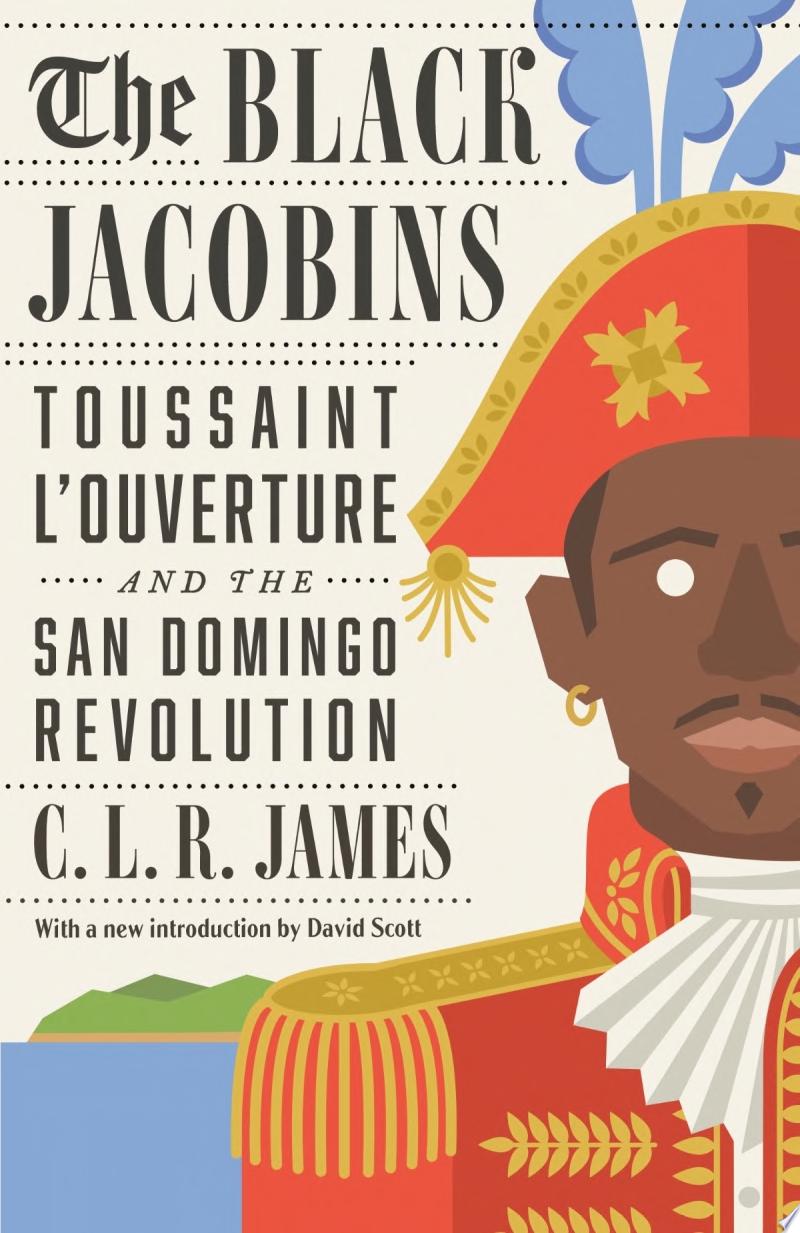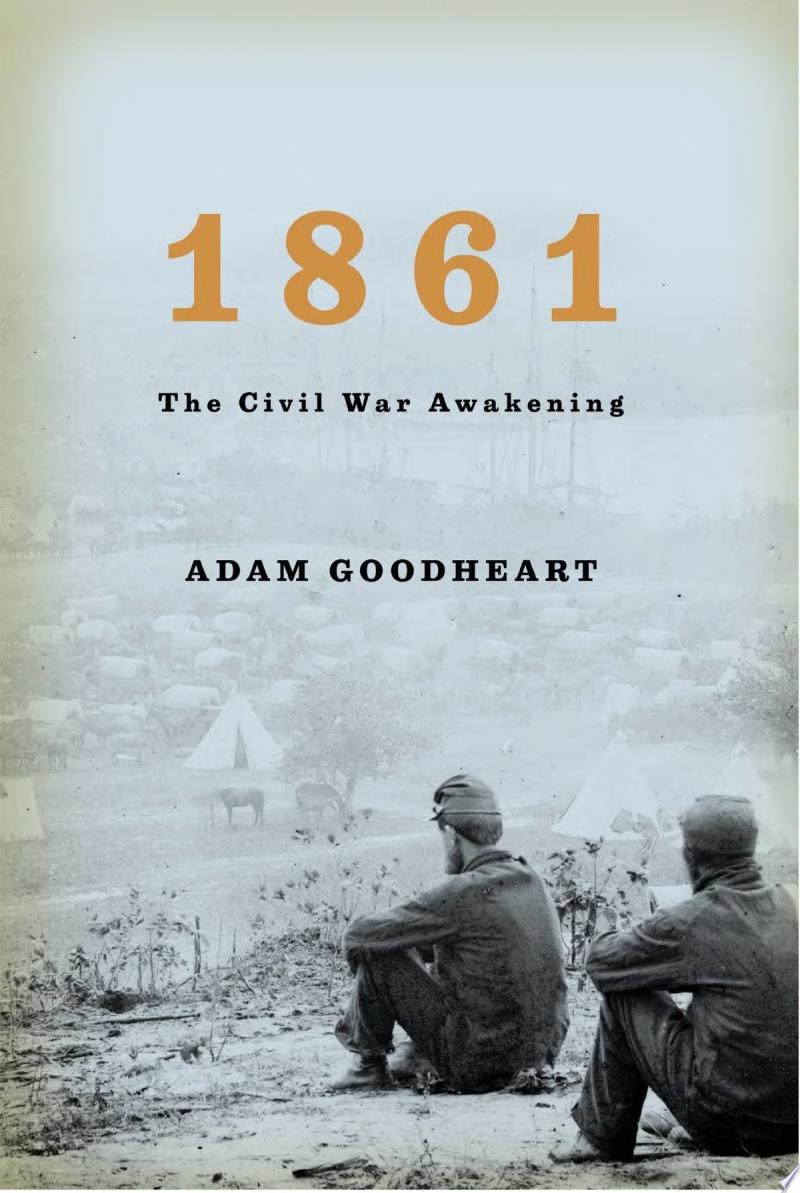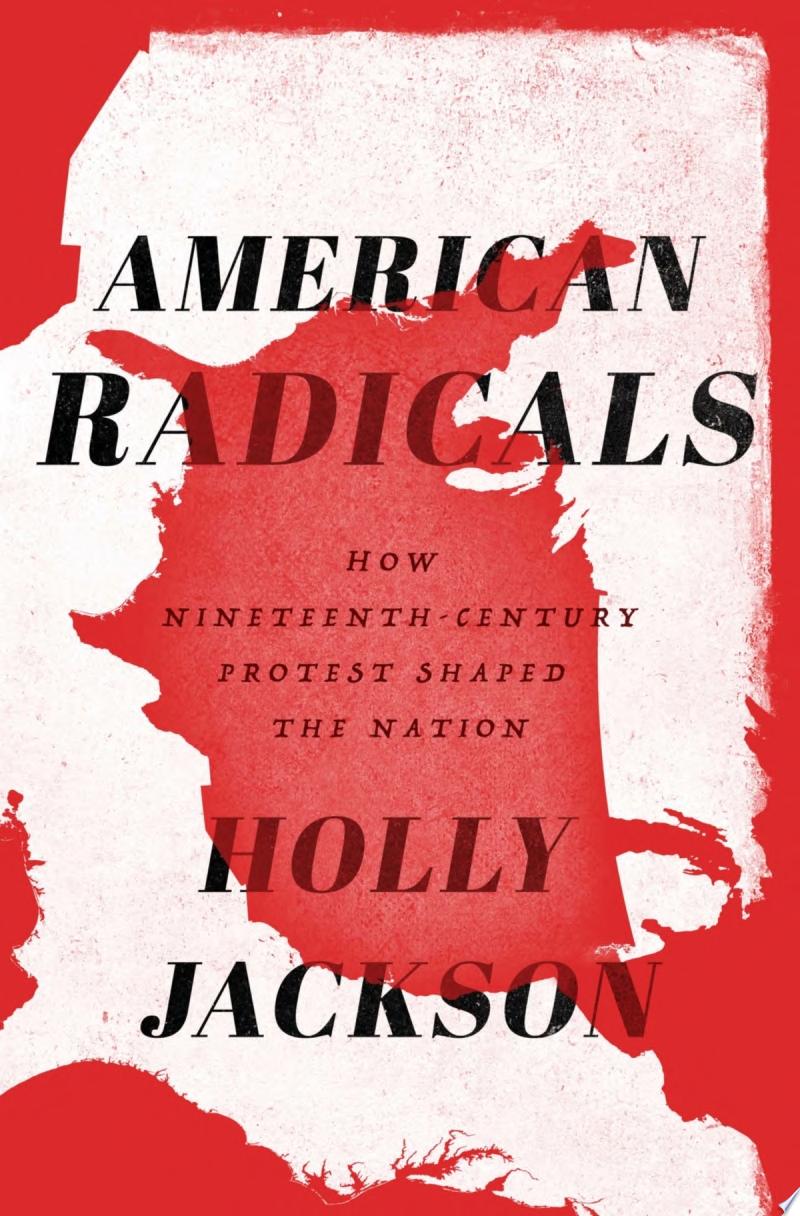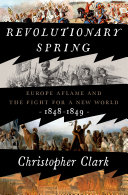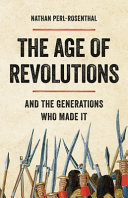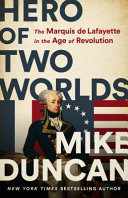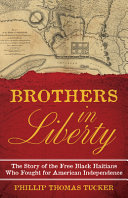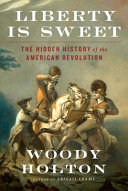List
The Black Jacobins
C.L.R. James
A powerful and impassioned historical account of the largest successful revolt by enslaved people in history: the Haitian Revolution of 1791–1803
“One of the seminal texts about the history of slavery and abolition.... Provocative and empowering.” —The New York Times Book Review
The Black Jacobins, by Trinidadian historian C. L. R. James, was the first major analysis of the uprising that began in the wake of the storming of the Bastille in France and became the model for liberation movements from Africa to Cuba. It is the story of the French colony of San Domingo, a place where the brutality of plantation owners toward enslaved people was horrifyingly severe.
And it is the story of a charismatic and barely literate enslaved person named Toussaint L’Ouverture, who successfully led the Black people of San Domingo against successive invasions by overwhelming French, Spanish, and English forces—and in the process helped form the first independent post-colonial nation in the Caribbean.
With a new introduction (2023) by Professor David Scott.
1861: the Civil War awakening
Adam Goodheart
As the United States marks the 150th anniversary of our defining national drama,1861presents a gripping and original account of how the Civil War began.
1861is an epic of courage and heroism beyond the battlefields. Early in that fateful year, a second American revolution unfolded, inspiring a new generation to reject their parents’ faith in compromise and appeasement, to do the unthinkable in the name of an ideal. It set Abraham Lincoln on the path to greatness and millions of slaves on the road to freedom.
The book introduces us to a heretofore little-known cast of Civil War heroes—among them an acrobatic militia colonel, an explorer’s wife, an idealistic band of German immigrants, a regiment of New York City firemen, a community of Virginia slaves, and a young college professor who would one day become president. Adam Goodheart takes us from the corridors of the White House to the slums of Manhattan, from the mouth of the Chesapeake to the deserts of Nevada, from Boston Common to Alcatraz Island, vividly evoking the Union at this moment of ultimate crisis and decision.
Ten days that Shook the World
John Reed
An impassioned firsthand account of the Russian Revolution, which celebrates its 100th anniversary in March 2017
An American journalist and revolutionary writer, John Reed became a close friend of Lenin and was an eyewitness to the 1917 revolution in Russia. Ten Days That Shook the World is Reed's extraordinary record of that event. Writing in the first flush of revolutionary enthusiasm, he gives a gripping account of the events in Petrograd in November 1917, when Lenin and the Bolsheviks finally seized power. Containing verbatim reports both of speeches by leaders and of the chance comments of bystanders, and set against an idealized backdrop of soldiers, sailors, peasants, and the proletariat uniting to throw off oppression, Reed's account is the product of passionate involvement and remains an unsurpassed classic of reporting.
For more than seventy years, Penguin has been the leading publisher of classic literature in the English-speaking world. With more than 1,700 titles, Penguin Classics represents a global bookshelf of the best works throughout history and across genres and disciplines. Readers trust the series to provide authoritative texts enhanced by introductions and notes by distinguished scholars and contemporary authors, as well as up-to-date translations by award-winning translators.
American Radicals
Holly Jackson
A dynamic, timely history of nineteenth-century activists—free-lovers and socialists, abolitionists and vigilantes—and the social revolution they sparked in the turbulent Civil War era
“In the tradition of Howard Zinn’s people’s histories, American Radicals reveals a forgotten yet inspiring past.”—Megan Marshall, Pulitzer Prize–winning author of Margaret Fuller: A New American Life and Elizabeth Bishop: A Miracle for Breakfast
NAMED ONE OF THE TEN BEST HISTORY BOOKS OF THE YEAR BY SMITHSONIAN
On July 4, 1826, as Americans lit firecrackers to celebrate the country’s fiftieth birthday, both John Adams and Thomas Jefferson were on their deathbeds. They would leave behind a groundbreaking political system and a growing economy—as well as the glaring inequalities that had undermined the American experiment from its beginning. The young nation had outlived the men who made it, but could it survive intensifying divisions over the very meaning of the land of the free?
A new network of dissent—connecting firebrands and agitators on pastoral communes, in urban mobs, and in genteel parlors across the nation—vowed to finish the revolution they claimed the founding fathers had only begun. They were men and women, black and white, fiercely devoted to causes that pitted them against mainstream America even while they fought to preserve the nation’s founding ideals: the brilliant heiress Frances Wright, whose shocking critiques of religion and the institution of marriage led to calls for her arrest; the radical Bostonian William Lloyd Garrison, whose commitment to nonviolence would be tested as the conflict over slavery pushed the nation to its breaking point; the Philadelphia businessman James Forten, who presided over the first mass political protest of free African Americans; Marx Lazarus, a vegan from Alabama whose calls for sexual liberation masked a dark secret; black nationalist Martin Delany, the would-be founding father of a West African colony who secretly supported John Brown’s treasonous raid on Harpers Ferry—only to ally himself with Southern Confederates after the Civil War.
Though largely forgotten today, these figures were enormously influential in the pivotal period flanking the war, their lives and work entwined with reformers like Frederick Douglass, Elizabeth Cady Stanton, and Henry David Thoreau, as well as iconic leaders like Abraham Lincoln. Jackson writes them back into the story of the nation’s most formative and perilous era in all their heroism, outlandishness, and tragic shortcomings. The result is a surprising, panoramic work of narrative history, one that offers important lessons for our own time.
Seneca Falls and the Origins of the Women's Rights Movement
Sally Gregory McMillen
In a quiet town of Seneca Falls, New York, over the course of two days in July, 1848, a small group of women and men, led by Elizabeth Cady Stanton and Lucretia Mott, held a convention that would launch the woman's rights movement and change the course of history. The implications of that remarkable convention would be felt around the world and indeed are still being felt today.In Seneca Falls and the Origins of the Woman's Rights Movement, the latest contribution to Oxford's acclaimed Pivotal Moments in American History series, Sally McMillen unpacks, for the first time, the full significance of that revolutionary convention and the enormous changes it produced. The book covers 50 years of women's activism, from 1840-1890, focusing on four extraordinary figures--Lucretia Mott, Elizabeth Cady Stanton, Lucy Stone, and Susan B. Anthony. McMillen tells the stories of their lives, how they came to take up the cause of women's rights, the astonishing advances they made during their lifetimes, and the lasting and transformative effects of the work they did. At the convention they asserted full equality with men, argued for greater legal rights, greater professional and education opportunities, and the right to vote--ideas considered wildly radical at the time. Indeed, looking back at the convention two years later, Anthony called it "the grandest and greatest reform of all time--and destined to be thus regarded by the future historian." In this lively and warmly written study, Sally McMillen may well be the future historian Anthony was hoping to find.A vibrant portrait of a major turning point in American women's history, and in human history, this book is essential reading for anyone wishing to fully understand the origins of the woman's rights movement.
Revolutionary Spring
Christopher Clark
New York Times Book Review Editors’ Choice • From the bestselling author of The Sleepwalkers comes an epic history of the 1848 revolutions that swept Europe, and the charismatic figures who propelled them forward
“Refreshingly original . . . Familiar characters are given vibrancy and previously unknown players emerge from the shadows.”—The Times (UK)
A BEST BOOK OF THE YEAR: New Yorker, The Economist, Financial Times
As history, the uprisings of 1848 have long been overshadowed by the French Revolution of 1789 and the Russian revolutions of the early twentieth century. And yet in 1848 nearly all of Europe was aflame with conflict. Parallel political tumults spread like brush fire across the entire continent, leading to significant changes that continue to shape our world today. These battles for the future were fought with one eye kept squarely on the past: The men and women of 1848 saw the urgent challenges of their world as shaped profoundly by the past, and saw themselves as inheritors of a revolutionary tradition.
Celebrated Cambridge historian Christopher Clark describes 1848 as “the particle collision chamber at the center of the European nineteenth century,” a moment when political movements and ideas—from socialism and democratic radicalism to liberalism, nationalism, corporatism, and conservatism—were tested and transformed. The insurgents asked questions that sound modern to our ears: What happens when demands for political or economic liberty conflict with demands for social rights? How do we reconcile representative and direct forms of democracy? How is capitalism connected to social inequality? The revolutions of 1848 were short-lived, but their impact on public life and political thought throughout Europe and beyond has been profound.
Meticulously researched, elegantly written, and filled with a cast of charismatic figures, including the social theorist Alexis de Tocqueville, the writer George Sand, and the troubled priest Félicité de Lamennais, who struggled to reconcile his faith with politics, Revolutionary Spring offers a new understanding of 1848 that suggests chilling parallels to our present moment. “Looking back at the revolutions from the end of the first quarter of the twenty-first century, it is impossible not to be struck by the resonances,” Clark writes. “If a revolution is coming for us, it may look something like 1848.”
The Age of Revolutions
Nathan Perl-Rosenthal
A panoramic, "persuasive and inspiring" (New Yorker) new history of the revolutionary decades between 1760 and 1825, from North America and Europe to Haiti and Spanish America, showing how progress and reaction went hand in hand
The revolutions that raged across Europe and the Americas over seven decades, from 1760 to 1825, created the modern world. Revolutionaries shattered empires, toppled social hierarchies, and birthed a world of republics. But old injustices lingered on and the powerful engines of revolutionary change created new and insidious forms of inequality.
In The Age of Revolutions, historian Nathan Perl-Rosenthal offers the first narrative history of this entire era. Through a kaleidoscope of lives both familiar and unknown--from John Adams, Toussaint Louverture, and Napoleon to an ambitious French naturalist and a seditious Peruvian nun--he retells the revolutionary epic as a generational story. The first revolutionary generation, fired by radical ideas, struggled to slip the hierarchical bonds of the old order. Their failures molded a second generation, more adept at mass organizing but with an illiberal tint. The sweeping political transformations they accomplished after 1800 etched social and racial inequalities into the foundations of modern democracy.
A breathtaking history spanning three continents, The Age of Revolutions uncovers how the period's grand political transformations emerged across oceans and, slowly and unevenly, over generations.
Hero of Two Worlds
Mike Duncan
"Few in history can match the breadth and depth of the revolutionary career of the Marquis de Lafayette. Over fifty incredible years at the heart of the Age of Revolution, he fought as one with righteous revolutionaries on both sides of the Atlantic. As an idealistic and courageous teenager serving in the American Revolution, he used his considerable wealth and savvy to help the Americans defeat the British. Then he returned home, and was a principal player in the French Revolution. And in his final act, at seventy years old, he was instrumental in the dramatic overthrow of the Bourbon Dynasty during the Revolution of 1830. All the while, he never wavered from the principles he had written into the Declaration of the Rights of Man in 1789: That men are born and remain free and equal, deserving of liberty, property, safety, freedom of speech, and the ability to resist oppression. Through this age of revolutionary upheaval, Lafayette remained unshakably committed to the principles he had outlined. From the time that he was an enthusiastic 19-year-old to the time he was a world-weary 74-year-old, his resolve never wavered. As the saying goes, if we don't learn from history, we are doomed to repeat it. The contemporary relevance and the life and times of the Marquis de Lafayette have never been more relevant. Today, the values codified and practiced by Lafayette are increasingly taken for granted and our society has grown complacent about their supposedly immutable and permanent force. His life is thus the story of where we came from-and what we stand to lose if we abandon the ideals for which he fought"--
Brothers in Liberty
Phillip Thomas Tucker
After failing to defeat the Continental Army in New England, New York, New Jersey, and Pennsylvania during the first half of the Revolutionary War, British generals decided to turn south, where they believed they could win the war in a region more heavily populated by Loyalists. In late 1778, a British expeditionary force sailed south from New York City and captured Savannah, which became a British base of operations and strategic hinge. To thwart the British, an international force gathered around Savannah, including Americans, Poles, Germans, Irish, and--significantly--a volunteer force of free Blacks from present-day Haiti: the Chasseurs-Volontaires de Saint-Domingue.
The Chasseurs constituted the largest Black military unit in the American Revolution. The soldiers were free men, the sons of French fathers, mostly sugar plantation owners, and slave mothers in France's most prosperous overseas colony. In the fall of 1779, this force joined the attack on the British at Savannah in a series of frontal results. The French and Americans were repulsed at great cost in lives, but the free Black Haitians stood their ground--and, in a moment of high courage that has never received its due, stymied a British counterattack that salvaged the day for the Americans and French.
A rock at Savannah on behalf of the American Revolution, many of the Haitian survivors of the battle went on to serve the cause of liberty in the Haitian Revolution and help found the first Black republic in world history. This is their story.
Liberty Is Sweet
Woody Holton
A “deeply researched and bracing retelling” (Annette Gordon-Reed, Pulitzer Prize–winning historian) of the American Revolution, showing how the Founders were influenced by overlooked Americans—women, Native Americans, African Americans, and religious dissenters.
Using more than a thousand eyewitness records, Liberty Is Sweet is a “spirited account” (Gordon S. Wood, Pulitzer Prize–winning author of The Radicalism of the American Revolution) that explores countless connections between the Patriots of 1776 and other Americans whose passion for freedom often brought them into conflict with the Founding Fathers. “It is all one story,” prizewinning historian Woody Holton writes.
Holton describes the origins and crucial battles of the Revolution from Lexington and Concord to the British surrender at Yorktown, always focusing on marginalized Americans—enslaved Africans and African Americans, Native Americans, women, and dissenters—and on overlooked factors such as weather, North America’s unique geography, chance, misperception, attempts to manipulate public opinion, and (most of all) disease. Thousands of enslaved Americans exploited the chaos of war to obtain their own freedom, while others were given away as enlistment bounties to whites. Women provided material support for the troops, sewing clothes for soldiers and in some cases taking part in the fighting. Both sides courted native people and mimicked their tactics.
Liberty Is Sweet is a “must-read book for understanding the founding of our nation” (Walter Isaacson, author of Benjamin Franklin), from its origins on the frontiers and in the Atlantic ports to the creation of the Constitution. Offering surprises at every turn—for example, Holton makes a convincing case that Britain never had a chance of winning the war—this majestic history revivifies a story we thought we already knew.
